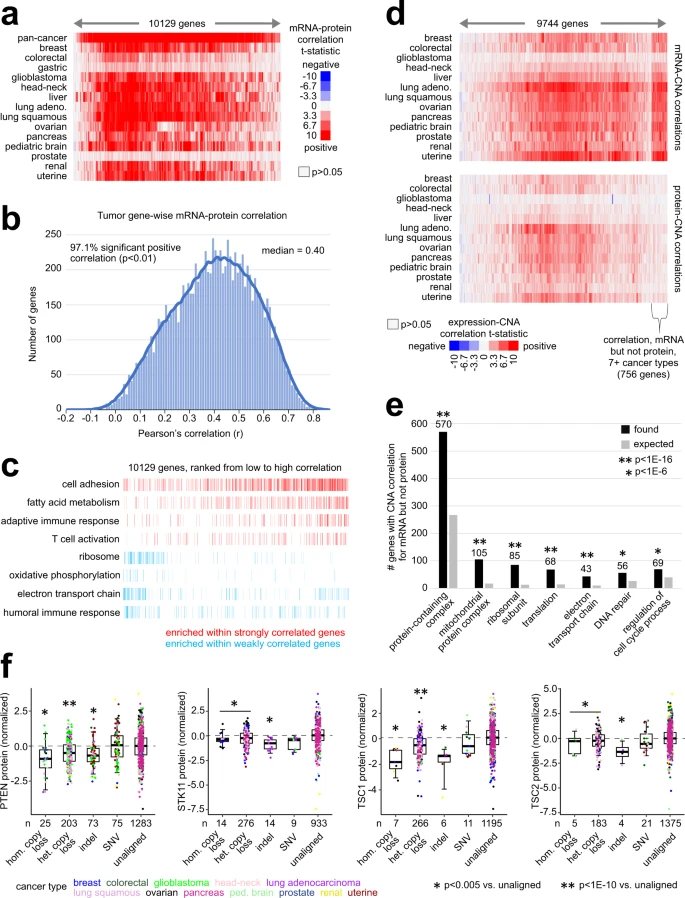Written by Christina Crowe
Sooryanarayana Varambally, Ph.D., Professor, Molecular & Cellular Pathology, Director, Translational Oncologic Pathology Research, and his research team recently published an article in the journal Nature Communication featuring work they shared on their cancer data tool, UALCAN, "Proteogenomic characterization of 2002 human cancers reveals pan-cancer molecular subtypes and associated pathways." https://www.nature.com/articles/s41467-022-30342-3
UALCAN stands for University of Alabama Cancer Database, and is designed as an easy-to-use, interactive web portal to perform to in-depth analyses of TCGA gene expression data.
Following, Dr. Varambally explains the research highlighted in the article:
"In the current study published in Nature Communication, we systematically assessed pathway-level somatic alterations (by small mutation or copy number alteration) across tumors. In this study, along with our collaborator Dr. Chad Creighton from Baylor College of Medicine, lead author, we assembled a compendium dataset of mass-spectrometry-based proteomics data from 2002 primary tumors from 14 cancer types and 17 studies. We integrated proteomic data with other omics data to examine how somatic mutation affecting a given pathway shows up at the protein level. Further, the data were provided in UALCAN for cancer researchers and clinicians across the world."

Other collaborators of this study include, Drs. Yiqun Zhang, Fengju Chen from Baylor College of Medicine, and Dr. Darshan Chandrashekar from UAB.
UALCAN is a cancer data analysis portal developed researchers at the UAB Department of Pathology. It now provides both gene expression and patient survival analysis using The Cancer Genome Atlas (TCGA), as well as protein expression analysis option and Phospho-Proteomics using data from Clinical Proteomic Tumor Analysis Consortium (CPTAC) and the International Cancer Proteogenome Consortium (ICPC) datasets. Furthermore, UALCAN allows gene expression analysis using data from The Children Brain Tumor Tissue Consortium (CBTTC) dataset. UALCAN portal has been used by cancer researchers and clinicians across the world to identify biomarkers and therapeutic targets with over 900,000 site visits and over 2,650 citations.
UALCAN allows users to export results of gene expression and survival analysis as publication-ready graphical images in png, jpeg, and PDF formats. The precompiled list of the top 250 over-/under-expressed genes for major cancers (with large sample size) as well as popular cancer subtypes (e.g. triple negative breast cancer [TNBC], prostate tumors with ETS-fusion) is provided via heatmap feature. This serves as a ready-to-use list of potential markers for further exploration.